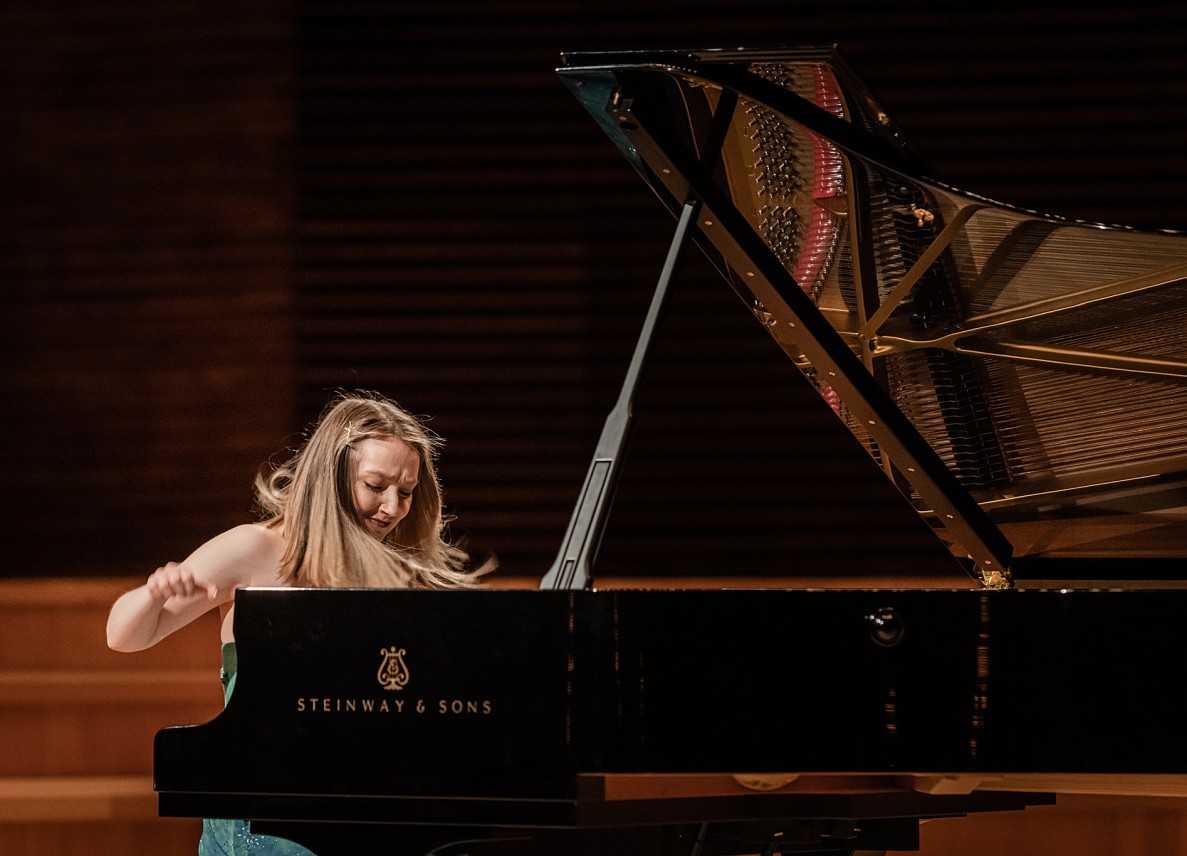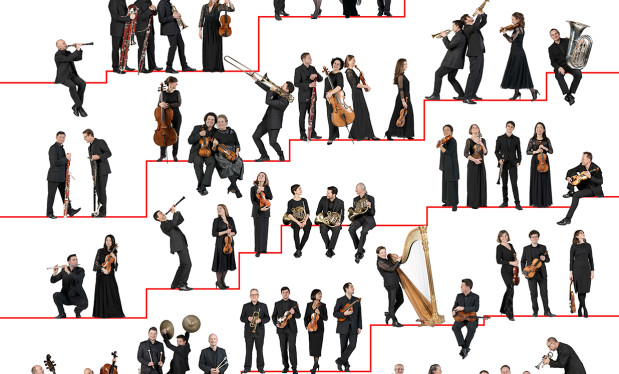Silesian Quartet / Aleksandra Świgut Generation '51 on their 70th birthday - NOSPR
Silesian Quartet / Aleksandra Świgut / Generation '51 on their 70th birthday
I met Andrzej Krzanowski at a summer camp on the Lubie lake (near Drawsko Pomorskie). The campers were pupils of the Mieczysław Karłowicz State Music School in Katowice, including Andrzej Krzanowski, the camp’s accordionist. Although I had known the instrument from family music-making (my father had played it as an amateur), it was Andrzej who could conjure unbelievable sounds out of it as night was descending upon the lakeside.
After the holidays, Krzanowski was already a student in Henryk Mikołaj Górecki’s class at the Academy of Music in Katowice. Our acquaintance was interrupted by his sudden death, which affected everyone in those circles.
The String Quartet No. 2 is one of the first pieces which were dedicated to the Silesian String Quartet. Andrzej Chłopecki wrote: ‘The world of Krzanowski’s timbre is not there for sonic novelty – it is governed by expressive qualities’, and it was the expression that mattered most when the composer was working on his piece with us. He was always a warm and devoted listener, i.e. one who follows the performer, one who lets the performer lead him as far as such realms he had not composed himself.
In December 1999, when prof. Werner Lubos, from the Tarnowskie Góry Land Lovers' Association, approached us after the “Silesian String Quartet and its Guests at the Rybna Palace” festival, asking about a composer who could write a piece for the Association’s anniversary, Aleksander Lasoń’s name came up immediately. He had already been an experienced quartet composer at the time and the Quartet No. 4 “Of Tarnowskie Góry” can serve as a tangible proof. Marek Skocza wrote in Dziennik Zachodni: “After the last bar of Aleksander Lasoń’s String Quartet No. 4 had resounded, the audience honoured the performers and the composer with a standing ovation.For it is a work of extraordinary emotionality, starting from very long movements of the bows and suddenly revealing a highlander-like temperament and sense of independence...”.
Juliusz Zarębski’s Piano Quintet in G minor is undoubtedly the supreme chamber piece of Polish 19th-century music. One can only regret that his early death did not allow this student of Liszt’s to reveal the whole of his composing maturity.
Duration of the concert: approx. 80 minutes
We play safe! Click and learn more about the public health rules in force during the coming concerts – more
Upcoming events


ECHO Rising Stars Festival / Guðmundsdóttir / Lahiry / A Powerful Voice of Women
Chamber Hall
Buy ticket


JazzKLUB / Rudi Mahall's Almost Danish Quartet / Standards with a Playful Twist
Chamber Hall
Buy ticket








